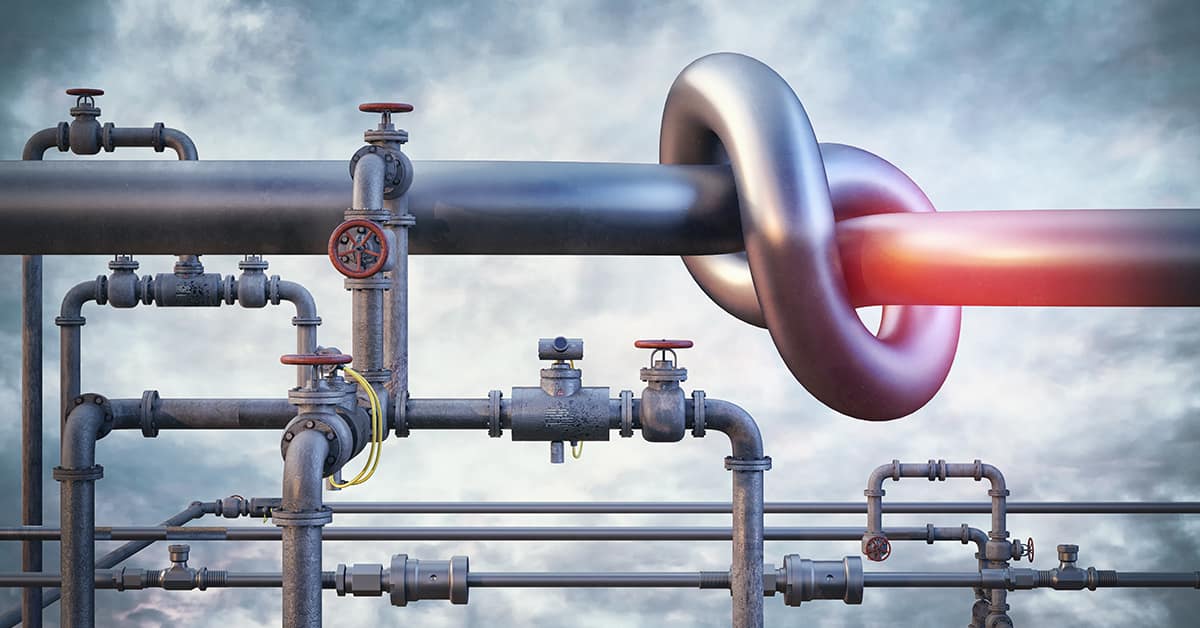Europe’s collective action could stoke investment in gas capacity in Algeria, Egypt, Oman and Qatar.

Russia’s invasion of Ukraine is reshaping global energy markets, as importing countries increasingly shun Russia’s oil and gas supplies. While some countries—including giants China and India—are maintaining oil imports, Europe, in particular, is attempting to wean itself from dependence on Russian natural gas. Analysts say a reluctant Germany may soon ban Russian natural gas imports altogether.
Jeffrey Halley, senior market analyst for the Asia-Pacific region at foreign exchange broker Oanda, says that with no apparent desire by OPEC+ (the members of the Organization of Petroleum Exporting Countries plus 10 other countries) to increase output, supply from outliers may be the sole option to fill the void left by Russia. But who can fill that gap? Last month, Libya’s National Oil Corporation said it faced widespread closures at several oilfield sites due to ongoing civil conflict, taking it out of contention.
“Realistically, only an official return to international markets by Venezuela and/or Iran could materially erode the Russian supply deficit,” Halley says. In Venezuela’s case, that could take time; as its infrastructure has fallen into disrepair.
Europe’s collective action could stoke investment in gas capacity in Algeria, Egypt, Oman and Qatar. In North Africa, Egypt looks to be the main beneficiary. Egypt’s minister of petroleum and mineral resources said in a January interview that 13 new gas discoveries were made last year. Italy’s Eni signed deals with Egypt and with Algeria’s state-owned Sonatrach to increase gas production, portending increased gas exports to Italy.
Refinitiv indicates 221 active petrochemical or oil and gas projects in Egypt, more than twice the number in Algeria. Reports have suggested that if Egypt’s gas fields and liquified natural gas (LNG) facilities were at full capacity, it could be among the top 10 global gas exporters. Qatar, one of the world’s top suppliers of LNG, is considering expanding its capacity amid record prices and fears of supply disruption in Europe.
OPEC members Saudi Arabia and the UAE could ramp up production, but sending prices down may disrupt the wider OPEC+ alliance. “They are still blaming elevated prices on geopolitical risk perceptions,” Halley comments, “and not on a shortage of available oil.”



